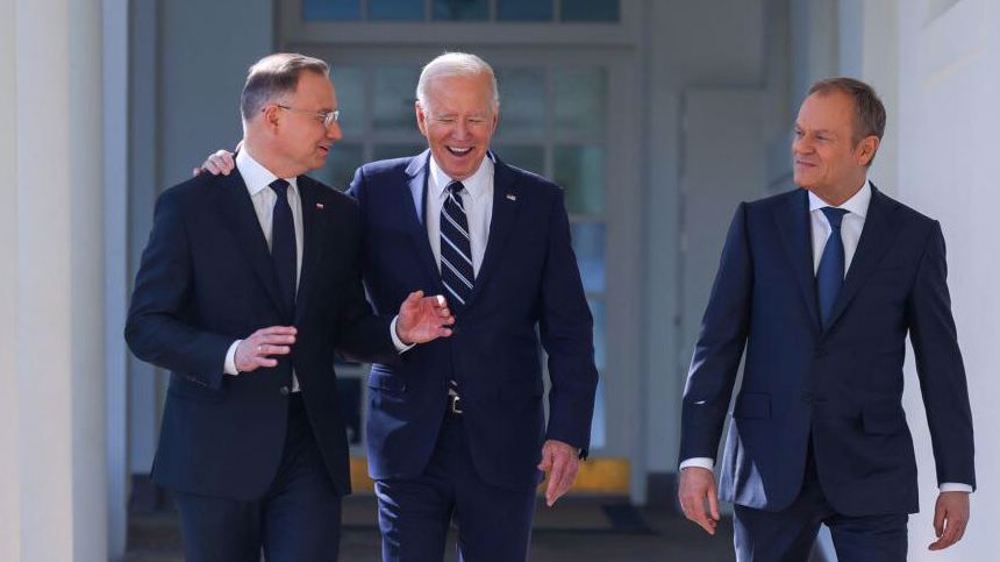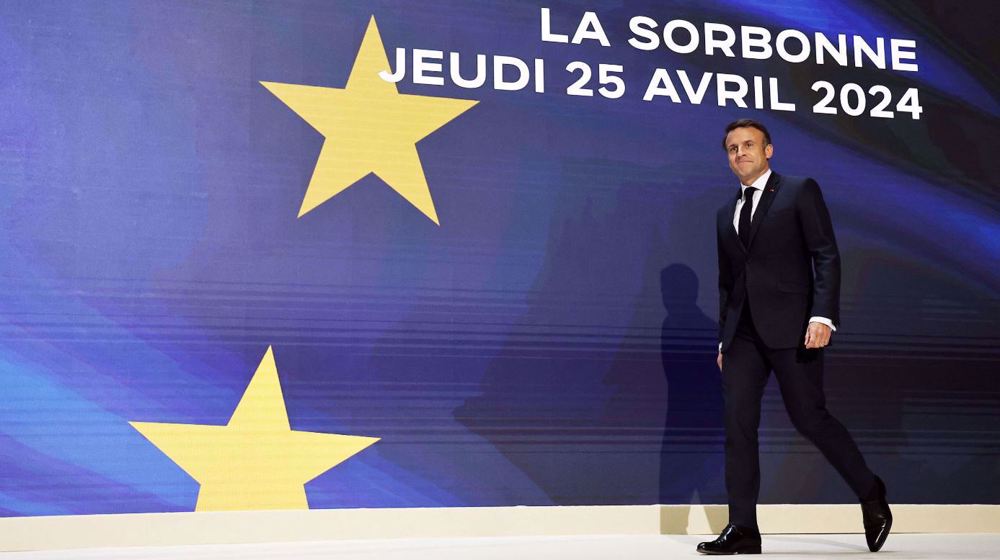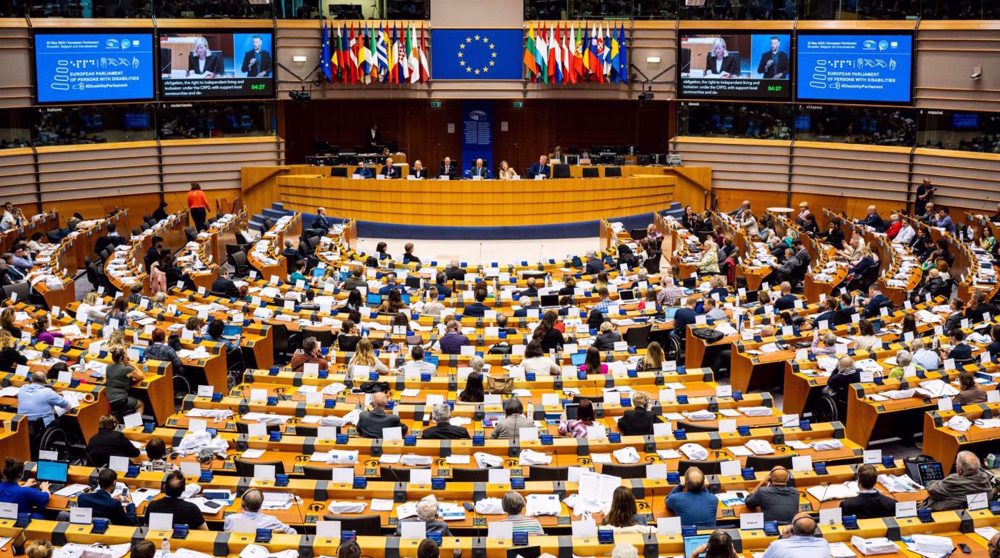ECB chief pushes back at Greek blackmail claims
The President of European Central Bank (ECB), Mario Draghi, has hit back at an accusation by members of the European Parliament that he is attempting to blackmail Greece, Press TV reports.
“The ECB has 104 billion euros exposure to Greece. That’s 65 percent of Greek GDP and the highest exposure in the eurozone,” Draghi said during his regular hearing at the European Parliament in Brussels on Monday.
“What sort of blackmail is this?” he asked.
The ECB chief emphasized that the bank had not created any new rules for Greece.
“We haven’t created any rule for Greece, rules were in place and they’ve been applied,” Draghi said.
His remarks came amid signs that Greece could run out of money by early next month. Greek Prime Minister Alexis Tsipras and German Chancellor Angela Merkel on Monday held a meeting in Berlin amid a continued blame game between the two countries over Athens’s bailout program.
Draghi said the ECB will reinstate the bond waiver at some point, ‘‘but several conditions have to be satisfied.’’
He downplayed concerns that the ECB’s quantitative-easing plan will be hampered by a shortage of bonds available to buy.
‘‘We see no signs that there will not be enough bonds for us to purchase. Feedback from market participants so far suggests that implementation has been very smooth and that market liquidity remains ample,’’ he said.
Analysts say that many eurozone countries have taxation systems that favor the rich over the poor.
Political analyst Thomas Friedrich told Press TV that taxation rules must be applied across the society.
“Those countries, [they] have to work in their own societies to make taxation rules in place which contribute [to] all parts of society. [This] is not the case in Greece, ... is not [the] case in Spain and in Portugal and Italy,” he said.

Over the past weeks, Athens and the EU have been at loggerheads over the country’s bailout loans.
The government of Tsipras, whose leftist Syriza party stormed to victory in January 25 elections, has tried to renegotiate the terms of the country’s €240-billion (USD 270 billion) bailout it received in 2010 in return for imposing harsh austerity measures.
During his electoral campaign, Tsipras vowed to reconsider the austerity measures that have caused mounting dissatisfaction in the country.
The measures have forced people to endure multiple tax increases, along with cuts in pension and salary, in exchange for bailout loans by the troika of lenders - the European Commission, the International Monetary Fund (IMF) and the ECB.
On February 20, a tentative agreement to extend Greece’s bailout program by four months was reached during preparatory talks between Greek Finance Minister Yanis Varoufakis, German Finance Minister Wolfgang Schäuble, IMF chief Christine Lagarde and Eurogroup chairman Jeroen Dijsselbloem.
However, Greece was asked to submit a list of proposed reforms to the European Union in order for the agreement to take effect. The reforms were later approved by Eurozone finance ministers.
SF/NN/HMV
US to pull out troops from Chad in second African state withdrawal
Yemeni armed forces strike British oil tanker in Red Sea
VIDEO | Genocide in Gaza
VIDEO | Press TV's news headlines
VIDEO | American, Israeli rabbis call for ceasefire during protest near Gaza
Iran calls for enhanced defense cooperation with Russia
US campus crackdown: 500 pro-Palestinian protesters arrested
VIDEO | Yemenis rally in Sana'a in solidarity with Palestinians in Gaza









 This makes it easy to access the Press TV website
This makes it easy to access the Press TV website